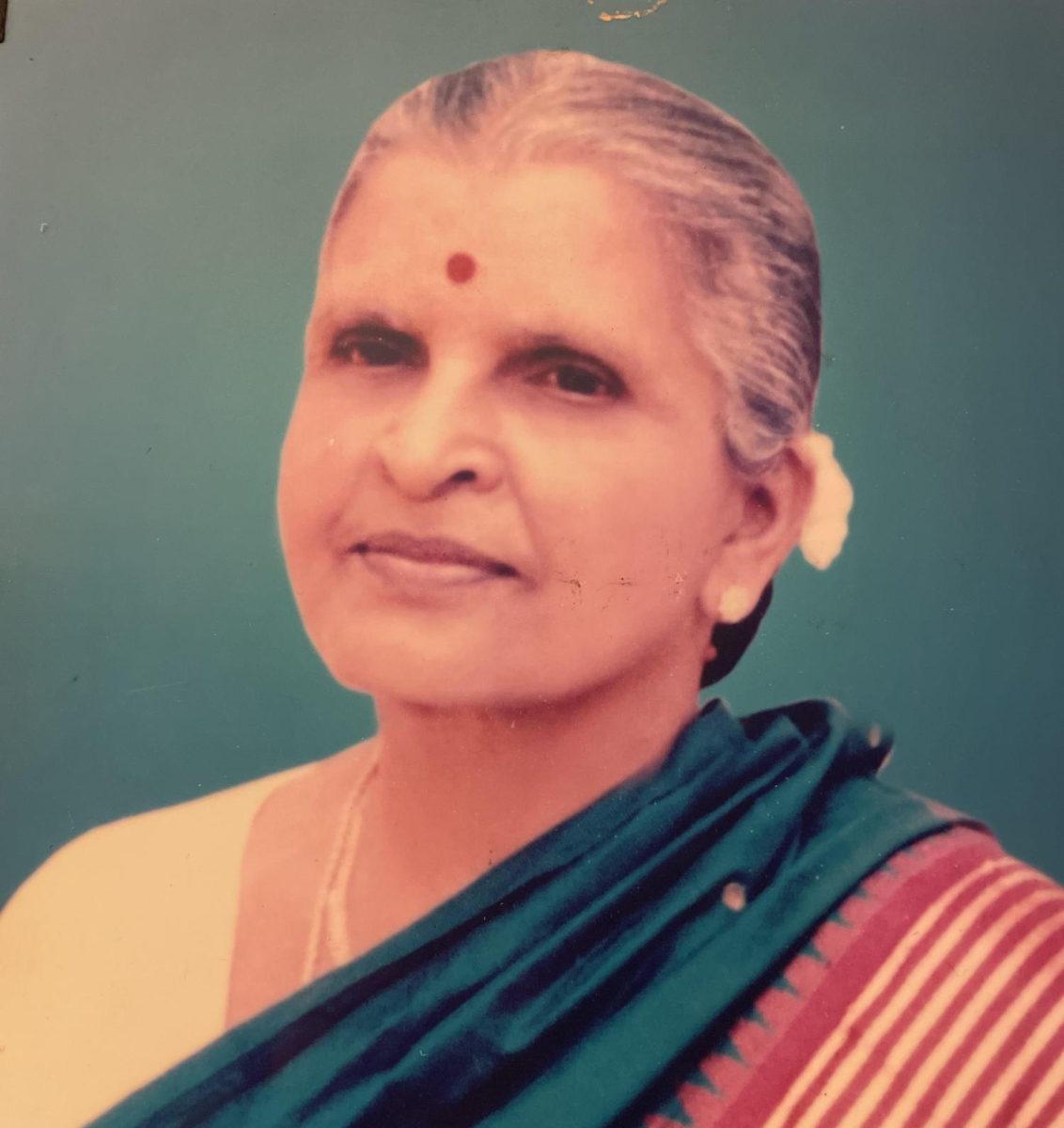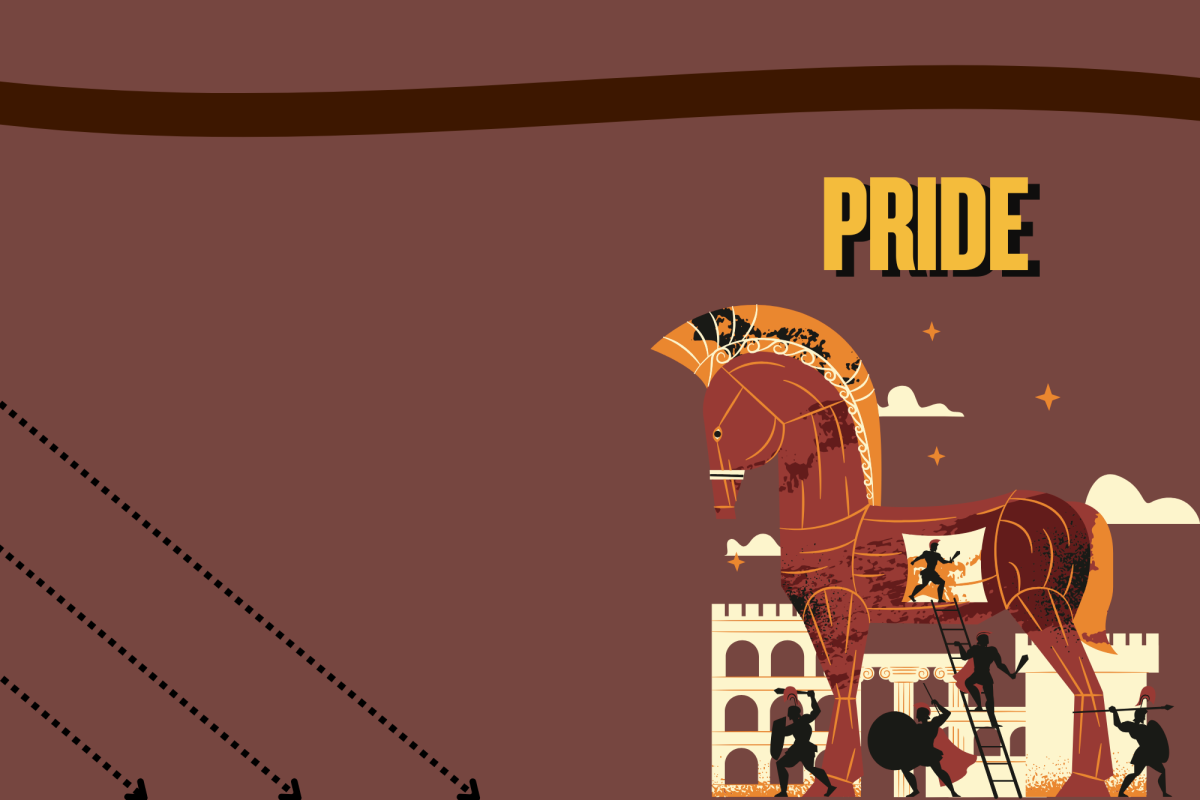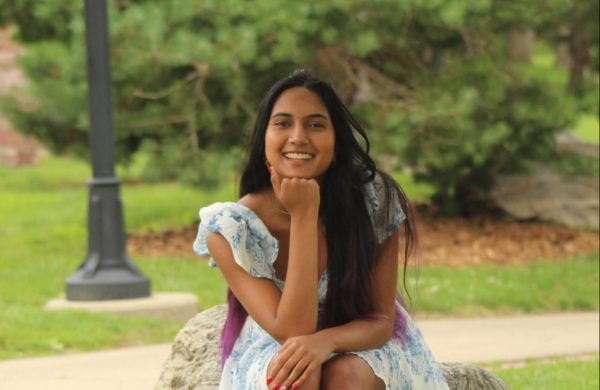According to the Global Gender Gap Report of 2023 from the World Economic Forum, 70.8% of workers in STEM are men. Clearly, we still have a rampant inequality issue despite fighting it for centuries.
When my great-grandmother was my age (16 years old), she had already lost her mother, given birth to two children and married a surgeon who was decades older than her.
She was confined to the kitchen her entire life, cooking everything from four-course meals to the snacks her children would take to school as her husband refused to eat any food from outside the house. Married at 14, there was no other way her life could have gone. She was always going to be stuck in her station, her place, her role.
So, she pushed her two daughters to get an education, which seemed like the only way to get out of a life controlled by men. At a time when it was wholly uncommon for women to be doctors or surgeons anywhere in the world, my grandmother became one. Willing her daughters’ lives to be free of the burden that came with being the woman behind the man, my great-grandmother’s dream was never realized. My grandma, despite her medical degree and years of schooling, moved wherever her husband went.
She practiced in Zambia for a decade while her husband worked as an engineer in a British Copper mine. But when he moved them to New Zealand to teach at a university, her career and life’s purpose were taken. She was always too afraid to step out on her own, always doing what she was told: marry this man, have this many children, go wherever he goes and put aside your wants. She never thought she could be a doctor but she was, thanks to her mother. She never thought she could live her own life, so she never did.
My mom’s side of the family is no different. My maternal grandma was married off to a man 12 years older than her at the age of 19 after having quit school six years earlier. She too, confined to a corner, vowed that her daughter would get an education and get revenge on a society that never let her shine. She wanted to be a journalist, but she grew up in a world that made her dream impossible.
My mom, too, didn’t think she could do it. She knew that she wanted to be a great scientist like Marie Curie, but she, like several women, was silenced and told to pursue a more acceptable livelihood. My grandma would not stand to see her daughter lose the opportunity that she had lost.
My mother was often prey to some illness that took her out of school for weeks while my Amaye nursed her back to health. When she wasn’t sick, my mother simply refused to go to school, climbing up the mango trees in her front yard to escape the teachers and their knuckle-hitting rulers. But my grandma would chase her up the tree, feed my mom breakfast and walk her to school.
When there was no school in their new town, my grandma rounded up all the neighborhood kids, found someone to teach them and petitioned the mayor of the town to construct a new school for her daughter.
When my grandma watched as her daughter suffered from the worst ailment of all, self-doubt, she convinced my mother that she could do anything, that she could survive anything.
So while wasteful men controlled my grandmother’s destiny, she ensured that my mother’s life would be her own. And for a while it was.
My mom, a doctor of the biological sciences, moved to the United States to join her husband. Then she had me. She was one of the few women in the lab where she worked, always shut out from the boy’s club, with her ideas shot down on a daily basis. When she got pregnant, the isolation she felt at work only got worse. Not many women make it to where my mom is today because they have kids without a support system at work or at home. She was planning on staying home with me, but my dad couldn’t watch his wife give up on her dreams. He, like my grandma, made her go back to follow her passion: science.
My mom, like the women who came before her, did not think she had the capacity to achieve her dream. But she did. My mother was fortunate enough, without a society backing her up, to have two strong-willed people supporting her.
The joke is on the people who thought my mom couldn’t do it, who thought all of the women in my life were too feminine to think. Obviously, it’s not about the size of our brains or our “biological wiring,” but the perpetuation of sexism that prevents women from reaching their full potential.
Unfortunately, most women don’t have the opportunity to chase after their goals in our society. If we can’t change the way the world works, then the least we can do is aid the people around us who continuously get knocked down by our flawed social structures.
We should encourage the future generation of girls to shoot for their dreams, instead of solely cautioning them about the terrors of a male-dominated field. Through warning, we instill fear, not perseverance. Hopefully, if we encourage instead of caution, our future generation of girls will witness a world where both women and men excel in every field.










